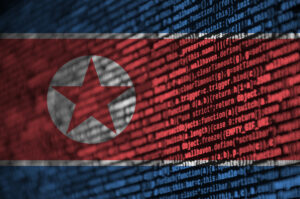March 14, 2023
Hyuk Kim
The following is an excerpt from 38 North:

According to the latest reports by the United Nations (UN) Panel of Experts (POE) on North Korea, academic collaboration with North Korean individuals or entities could entail potential proliferation risks through the intangible transfer of technology (ITT). ITT involves transferring or making controlled items available to an entity or individual via intangible means, such as email, verbal communication, training or visual inspection. For instance, data related to sensitive experiments can be shared with North Korean entities via email or cloud computing services, or North Korean individuals could gain experience in dealing with controlled equipment through training provided by foreign experts. Controlling ITT may play a significant role in slowing down North Korea’s progress in developing weapons of mass destruction (WMD).
To mitigate the potential proliferation threat posed by North Korea, United Nations Security Council Resolution (UNSCR) 2321 (2016) requires UN member states to stop scientific collaboration with North Korean individuals and entities, conduct an assessment of proliferation risks, and consult with the UN sanctions committee before launching any technical cooperation. Implementing these restrictions in academia will require greater cooperation and compliance on both government and institutional levels. While there are many best practices identified by multilateral export control regimes, additional recommendations for enhancing ITT controls in this realm include: 1) a national authority identifying institutes in a collaborative relationship with North Korea and dealing with sensitive technologies; 2) conducting rigorous background screening of North Korean scholars before engaging in academic cooperation; 3) academic institutions establishing a technology control plan (TCP) before hosting North Korean scholars; and 4) raising awareness of US reexport controls by both national authorities and academia.
Continue reading this article at 38 North.
